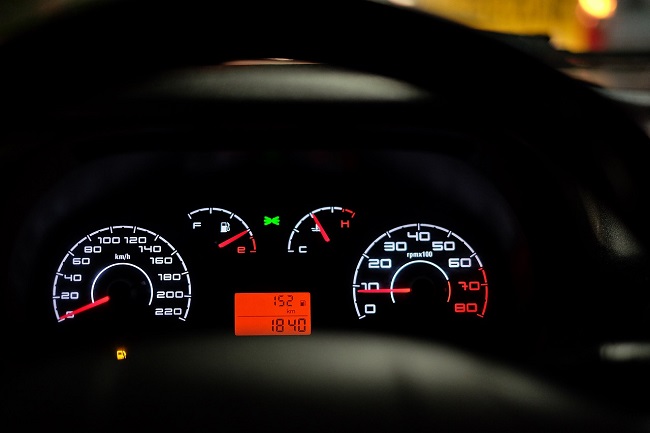Millions of people all over the world rely on cars, vans, motorcycles and trucks to get around and earn an income. If you’re a driver, you might rate your skills highly, but there’s always room for improvement. Over 90% of road accidents are caused by driver errors. Here are some handy tips to help you swerve trouble on the highways.
Speed
Speed is a risk factor for car and truck accidents. It may seem slightly boring to have speed restrictions, but they are there to promote safety and to minimize the risk of accidents. If you crash at high speed, the risk of life-changing, or even fatal injuries, is significantly higher than when driving at low speeds. When you’re behind the wheel, it’s your responsibility to check the speed limit and to ensure you don’t drive too fast. It’s also crucial to bear the conditions in mind. If you’re on the highway, for example, and it’s snowing, it’s probably not safe to drive at the speed limit. Slow down, make sure you have plenty of distance between your vehicle and the car in front, and be prepared to brake. Statistics from the National Highway Traffic Safety Administration suggest that speeding killed over 9,300 Americans in 2018.

Image Credit
Drink driving
Drink driving is one of the most common causes of accidents on the road. Many people feel that they’re capable of driving after drinking, and this can result in devastating consequences. If you want to drive, it’s best to avoid drinking altogether. If you’re out and you change your mind, and you fancy a drink, arrange a lift home with somebody who hasn’t been drinking, use public transport or book a taxi. Drinking and driving is illegal. If you’ve been hit by a driver who is over the legal limit, it’s wise to seek advice from trial attorneys who have experience in car accident claims. CDC figures show that 29 lives are lost as a result of drink driving every day in the US. Even a small amount of alcohol can slow your reactions and make you take risks you wouldn’t normally even consider.
Driving tired
We all have days when we feel tired and our energy levels are low. A lack of sleep can affect your ability to concentrate and increase your reaction times. If you start to feel tired while driving, pull over in a safe place, get out of the car and stretch your legs, and grab a coffee. If you still feel tired, delay your journey and take a nap. It’s better to arrive late than to find yourself in a situation where you’ve injured yourself or other people. If you have a long journey ahead, schedule stops to eat, drink and get some fresh air.
When you get behind the wheel of a car, you assume responsibility for your own safety, but also that of others. Driver errors contribute to over 90% of car accidents. Careful driving can reduce the risk of crashes and help you steer clear of trouble.
